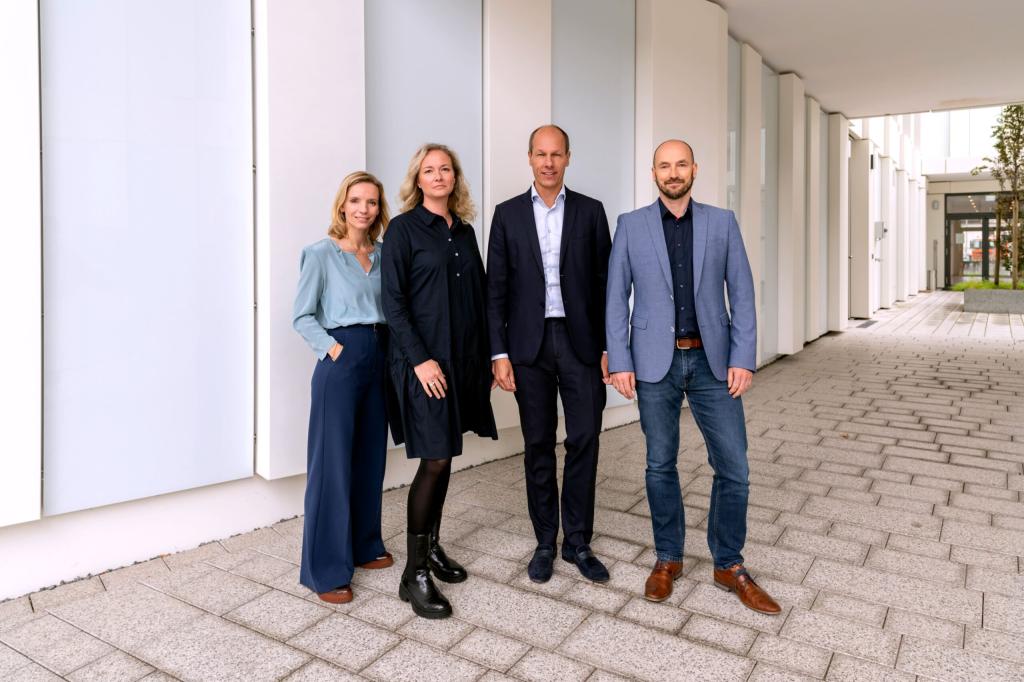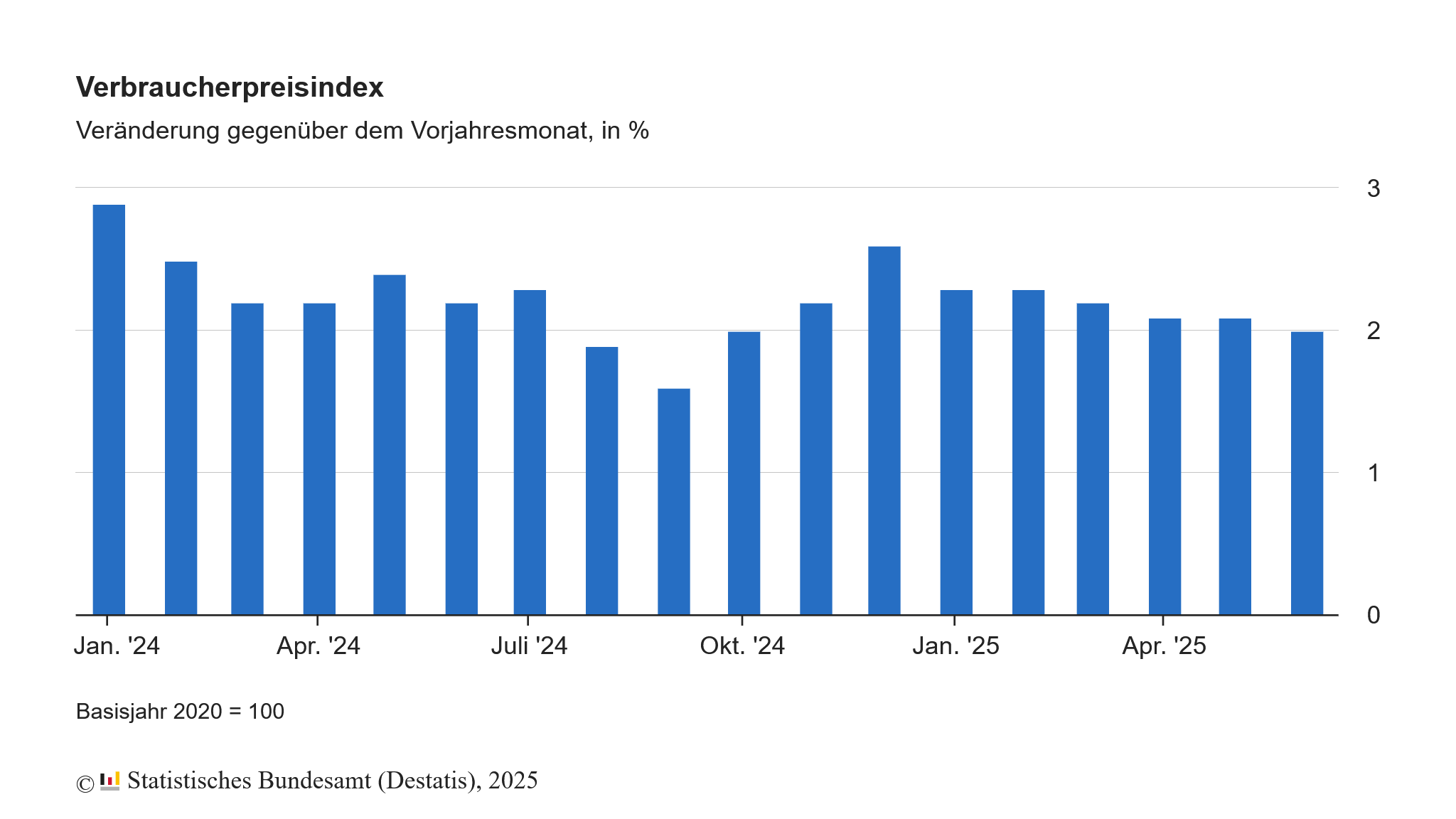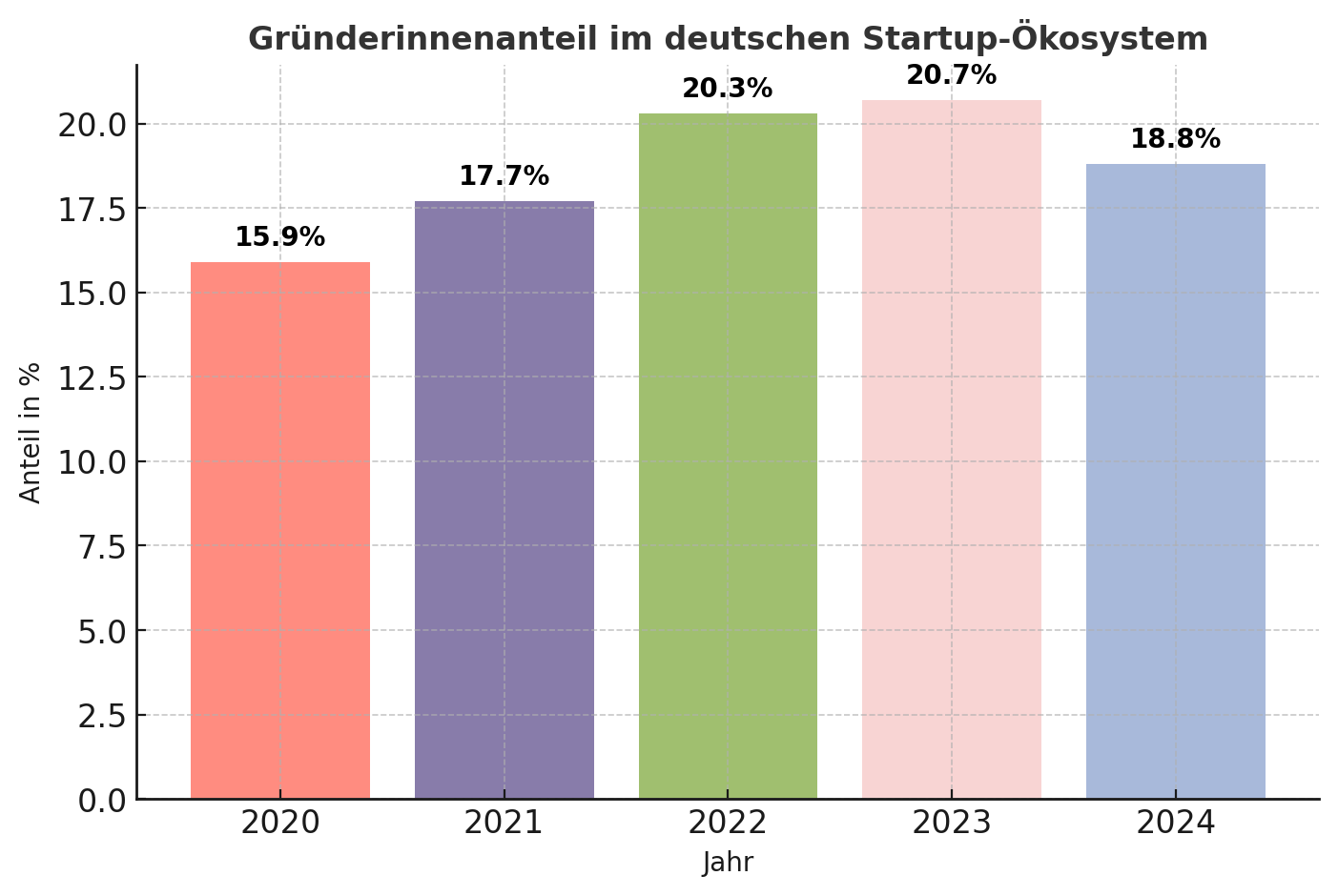The business with car subscriptions

The Stuttgart-based start-up Vivelacar offers cars on a subscription model combined with car sharing. Founder Mathias Albert explains how the service aims to drive forward the mobility revolution.
Streaming services, fitness studios and newspapers - subscription models have long been established in many areas of life. So why not subscribe to cars too? This may sound absurd at first, especially in a country where washing your car in the driveway on Saturdays is part of folklore. But according to a 2021 survey by strategy consultants Oliver Wyman, one in three Germans is now interested in a car subscription. As many as 14 percent of Germans have even subscribed to a car. According to study author Joachim Deinlein, customers particularly appreciate the flexibility of returning the cars. "It is in keeping with the spirit of the times to only enter into a short-term commitment, even with cars," he says. It is therefore a market with great potential, and resourceful founders have long since begun to satisfy Germans' longing for car subscriptions. And after private customers, they are already eyeing the next target groups.
One of them is Mathias Albert. He launched his Vivelacar platform in 2019 and can explain why customers are gravitating towards solutions like his. "I don't have to decide from the outset how long I want to use the vehicle. And that's the biggest difference to all other offers," says Albert, explaining the concept. The subscription is therefore more flexible than other offers. "A rigid leasing model for 36 or 48 months is not flexible," says the founder. Vivelacar cars can be terminated at any time with three months' notice. The rental period can vary from a few months to several years. The subscription cars are also available more quickly than when buying a car. As a rule, it takes eight to ten working days from booking until customers receive their car. They can either collect it from a nearby dealer or have it delivered to their front door.
Airbnb for vehicles
Founded in 2019, the platform does not buy its own cars, but provides cars from dealers and manufacturers. Albert describes the business model as "Airbnb for vehicles". According to Albert, it is more sustainable to use cars that have already been produced than to order them. "These are cars that are there anyway. They are simply better used." Customers can subscribe to the cars on the Vivelacar website or on the websites of the car manufacturers themselves. For a monthly fee, the customer receives a vehicle of their choice with a selected monthly mileage package. There are no costs for insurance, tax or maintenance. Only the fuel has to be paid additionally. The cost of a subscription can vary greatly depending on the model and mileage package. For example, a Ford Fiesta Titanium with 95 hp costs 380.69 euros per month with a mileage package of 500 kilometers. An electric BMW IX XDRIVE 40 with 326 hp is available from 1,327.90 euros per month with a mileage package of 800 kilometers.
The start-up cooperates with around 800 dealers and manufacturers in Germany, Austria and Switzerland. In Germany, for example, it has partnerships with Mercedes-Benz, BMW and Renault. The start-up uses an in-house tool to analyze when it is economically viable for providers to offer vehicles on a subscription basis. For dealers, it can be profitable to first let the new cars earn money in the subscription model and then sell them as young used cars. In some cases, dealers can earn more money from a car in this way.
Subscriptions should get customers excited about hybrid and electric cars
According to Albert, the subscription model could become a "major driver" in the mobility transition. It is a tool for manufacturers and retailers to convince people of the benefits of more sustainable mobility. As the subscription can be canceled at any time, customers can try out hybrid or electric vehicles without the risk of making a bad purchase. Already 41 percent of the vehicles brokered by Vivelacar are electric cars or plug-in hybrids. In the near future, Vivelacar plans to expand its offering to include car sharing so that up to three households can share a vehicle. The aim is to transparently calculate how many kilometers each user has driven so that the subscription fee can be split fairly. It is not yet clear exactly how this will work. If the car sharing service is well received, it could reduce the number of cars on the road in the long term.
Driving the mobility revolution sounds like a mammoth task. But Vivelacar founder Albert is not slowing things down, he is already thinking about the next steps.
Since last year, Vivelacar has been pushing its offer for business customers. He says company cars in the flexible model are interesting for companies, as a varying number of cars are always required due to employees in their probationary period and staff turnover. 30 percent of customers already come from the business sector. However, Albert believes that the percentage will increase even further in the long term.
Vivelacar also plans to integrate a purchase solution into the platform by the end of March. This will allow users to sell their used cars directly via the platform for a guaranteed price. Vivelacar is working with BCA, one of the largest auction platforms in Europe, to achieve this.
Vivelacar also wants to open up markets outside the DACH region. This is to happen in Europe first. One of the first countries will be France. Countries such as Spain, the UK, the Netherlands and Poland could then follow. The start-up also wants to gain a foothold in the USA at the end of the year.
Mathias Albert believes that his service will spread internationally as rapidly as Netflix or Spotify once did, which also broke up established industry models with their services. But it remains to be seen whether people will be as enthusiastic about giving up their own car as they are about giving up their CD collection.

Newsletter
Startups, stories and stats from the German startup ecosystem straight to your inbox. Subscribe with 2 clicks. Noice.
LinkedIn ConnectFYI: English edition available
Hello my friend, have you been stranded on the German edition of Startbase? At least your browser tells us, that you do not speak German - so maybe you would like to switch to the English edition instead?
FYI: Deutsche Edition verfügbar
Hallo mein Freund, du befindest dich auf der Englischen Edition der Startbase und laut deinem Browser sprichst du eigentlich auch Deutsch. Magst du die Sprache wechseln?












